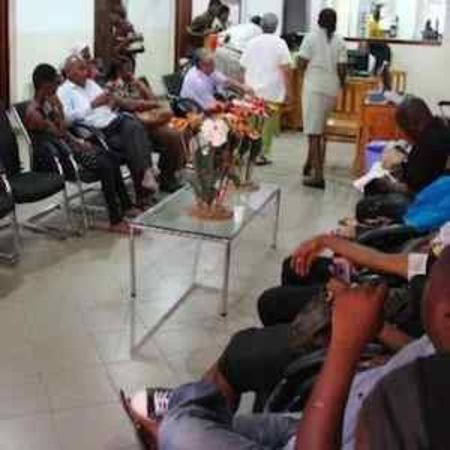Since several studies have now shown that patients admitted to hospitals during the weekend are more likely to die and have serious complications, researchers from Loyola University Health System have devised strategies that could help reduce the "weekend effect."
The study conducted by Loyola researchers focuses on factors that could reduce the length of hospital stay as that has an impact on outcomes, following urgent surgeries performed on weekends.
The findings of the study show that the length of hospital stay could be reduced by electronic health records, inpatient physical rehab and more nurses per patient. In addition, wound and pain management programs as well as home healthcare also plays a role. In fact, according to an opinion piece published in Becker's Infection Control & Clinical Quality., home health programs and full EHR adoption can play a critical role in achieving this goal.
It is important to note that the weekend effect is not limited to the U.S. because a study shows that patients admitted to hospitals on weekends in other developed countries are also likely to die within 30 days as compared to patents hospitalised during the week. However, another study indicates that while the risk of death following surgery may be the highest on weekends, it is as high in patients undergoing surgeries during the afternoon. Risk of death is also the highest in February as compared to the rest of the year.
Source: Loyola University Health System
Image Credit: Wikimedia Commons



























